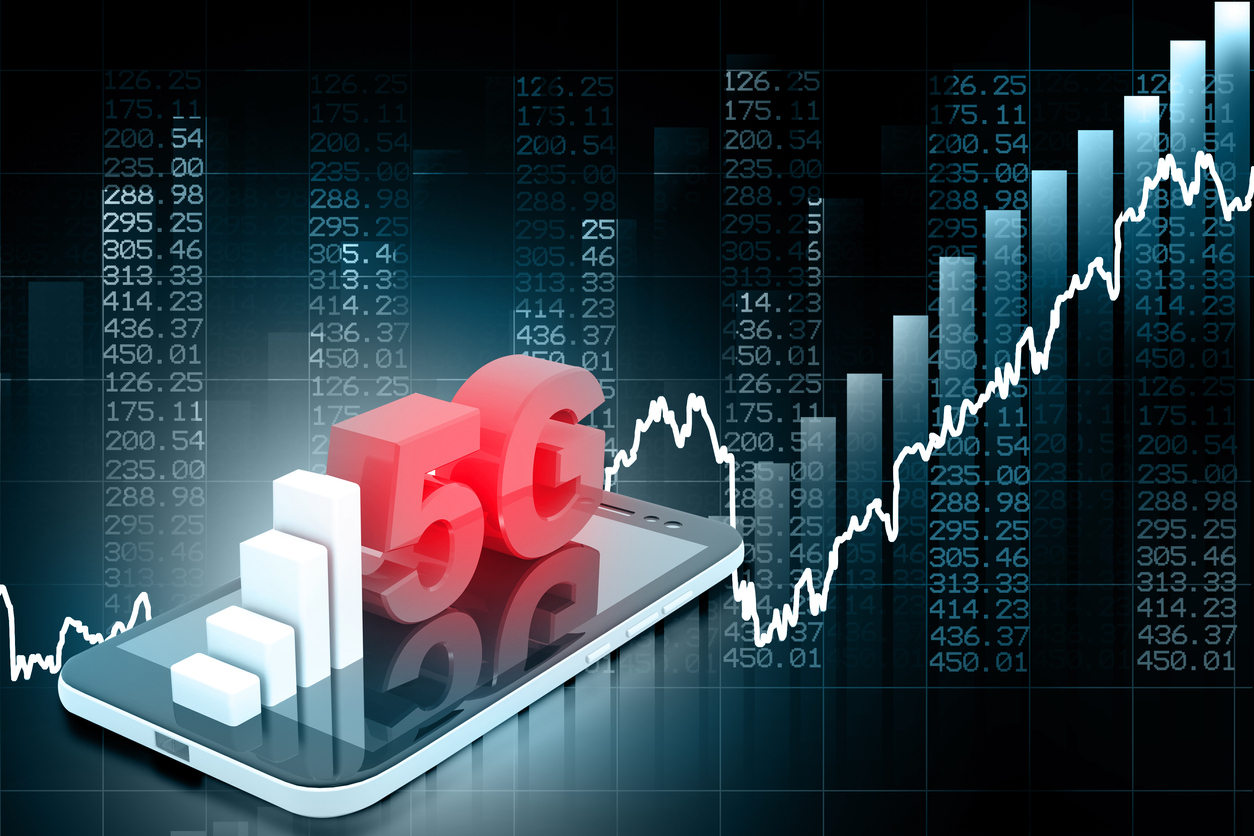Here is how 5G will create a significant economic impact across key industries:
Transforming Financial Services
The growth in Indian fintech startups has been exponential and the market is expected to reach US$ 150 billion by 2025. When you add the large-scale deployment of 5G to the mix, the sector will be completely revolutionised. We are already witnessing banks and other financial services players adopt a digital-first approach and create meaningful virtual experiences by focusing on digitisation. Thanks to the lightning-fast speeds, minimal latency and high bandwidth, 5G networks will allow banks to upgrade their apps and websites for more efficiency. Payments will be made simpler, which will fuel the adoption of digital payments by customers and merchants, even in rural and underserved markets. An important aspect of the banking sector’s 5G evolution will be real-time fraud detection and addressing of security gaps across apps, websites, wearables and payment gateways without any downtime.
Revolutionising the Automotive Industry
The 5G network enables faster data transfer, which enhances the information available to the driver and vehicle reaction time. It also generates a high amount of telemetry data, which will not only be used for maintenance but also to improve user experience. In addition, due to the high speed, the data collection can be achieved in real-time compared with the current batch collection and processing. With India’s connected car market slated to grow by more than 20% in the next few years, 5G will bring about a greater adoption of technologies such as Advanced Driver Assistant System (ADAS), and mobile app-based controls.
Accelerating Industrial Automation
As per industry projections, the use of 5G in manufacturing will add US$ 134 billion to the global GDP by 2030. India is expected to have 13.5 billion-13.7 billion Industrial Internet of Things (IIoT) connections by 2025 and manufacturing industries are eager to leverage this disruption for maximum benefits. As a greater number of devices get interconnected, 5G will usher in an era of flexible automation and streamlined supply chains.
Due to the higher speed and wider coverage, 5G will bring augmented reality and virtual reality (AR/VR) to the fore, thus providing brands with a platform that will transform communication and engagement. For instance, an automobile company can provide a real-time test drive experience through augmented reality, an e-commerce brand will be able to offer an almost real-world demonstration of products and a real-estate firm can create virtual walkthroughs of properties. Even advertisements will feature a greater degree of immersive simulation, increasing customer confidence and reducing their decision-making journey.
Enhancing Healthcare
Through the Internet of Things (IoT), AI, and robotics, 5G has the capacity to develop a connected healthcare ecosystem resulting in a greater degree of accurate diagnoses and remote patient management. Medical sensors powered by AR and real-time data can guide surgeons to operate remotely. 5G also streamlines processes between healthcare providers and patients, which improves the effectiveness of telemedicine and telehealth services, and reduces the hospitalisation period. As 5G can deliver a bandwidth that is 100 times higher than the traditional 4G connections, it will pave the way for critical home-based patient monitoring devices as well.
Thus, 5G is poised to drive digital transformation across sectors and industries and has the potential to improve productivity, optimize service quality and reduce costs, leading to overall better consumer experiences.




